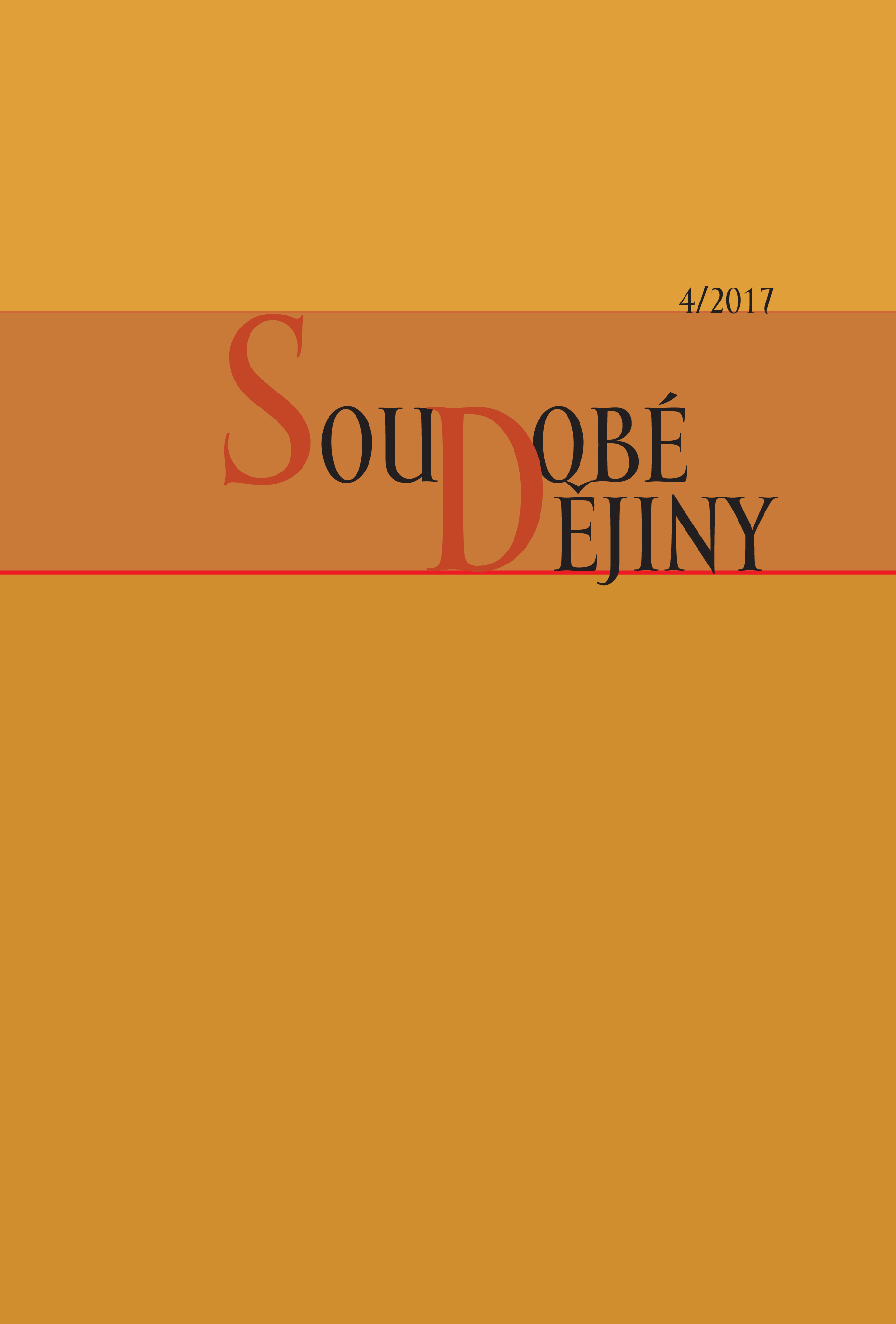Volby v „normalizačním“ Československu
a jejich smysl
Elections in the “Normalization” Czechoslovakia and Their Significance
Author(s): Petr AnevSubject(s): History, Political history, Post-War period (1950 - 1989), History of Communism
Published by: AV ČR - Akademie věd České republiky - Ústav pro soudobé dějiny
Keywords: Czechoslovakia;Communist régime;Elections
Summary/Abstract: VILÍMEK, Tomáš. „Všichni komunisté do uren!“ Volby v Československu v letech 1971–1989 jako společenský, politický a státněbezpečnostní fenomén. (Česká společnost po roce 1945, Vol. 12.) Prague: Institute for Contemporary History of the Academy of Sciences of theCzech Republic, v. v. i., 2016, 354 pp., ISBN 978-80-7285-198-0. According to the reviewer, the elections to representative bodies in Czechoslovakia between the suppression of the Prague Spring in 1968 and the democratic revolutionin 1989 may at first sight seem to be a formal ritual. However, the author’s empirically well-founded work "“All Communists to the Polls!” Elections in Czechoslovakia in1971–1989 as a Phenomenon of Society, Politics and State Security" demonstrates that they had a number of important functions, albeit different from those in a democratic state. The author captured common features and differences of different election acts taking place in five-year cycles, and examined related activities ofsecurity forces and elements. In his account of the elections, he described important aspects of the operation of the Communist regime, noticed different forms of the opposition against it, and also mentioned stories of ordinary people which were somehow related to the elections. He presented the 1970s and 1980s from a different angle, making a substantial contribution to better knowledge of that period.
Journal: Soudobé Dějiny
- Issue Year: XXIV/2017
- Issue No: 4
- Page Range: 655-660
- Page Count: 6
- Language: Czech

